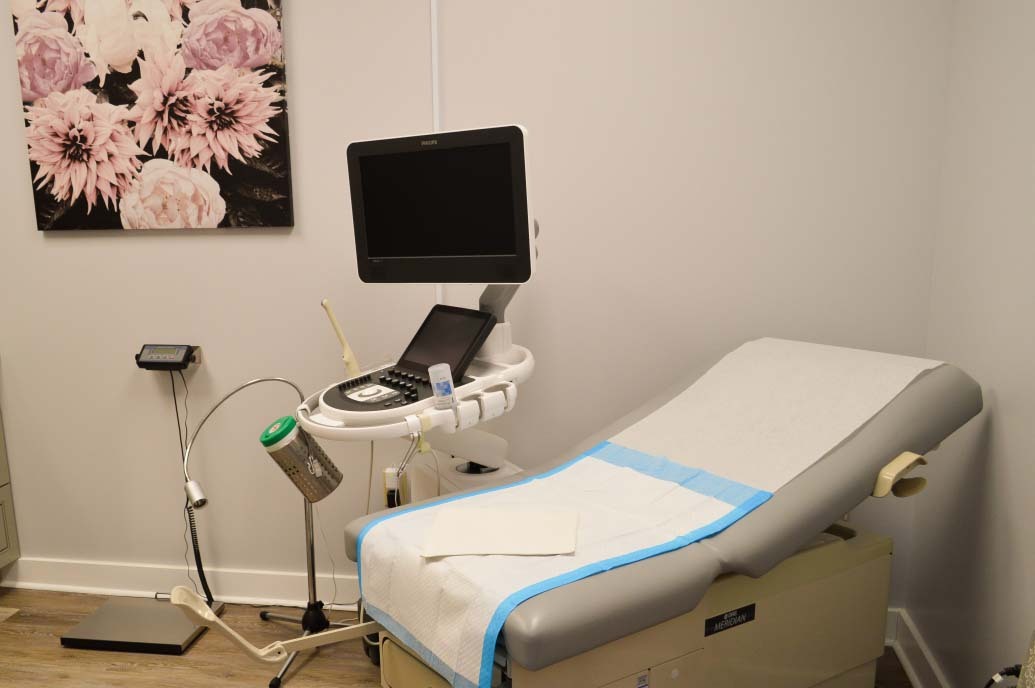Endometrial Biopsy Services
IUI
IVF
Acupuncture
Diagnostic Bloodwork and Hormonal Monitoring
Donor Gametes
Endometrial Biopsy
Endometriosis
Endometrial Receptivity Analysis (ERA)
Injection Teaching
Intracytoplasmic Sperm Injection (ICSI)
Semen Analysis with Critical Morphology
Sperm Wash (Standard and Gradient)
Ovulation Induction
Polycystic Ovary Syndrome (PCOS)
Pre-Implantation Genetic Testing (PGT)
Recurrent Pregnancy Loss Workup (RPL)
Reproductive and Endocrine Disorders
Saline Infusion Sonography (SIS)
Ultrasonography

What is an Endometrial Biopsy?
An endometrial biopsy is a minimally invasive procedure in which a small sample of tissue from the lining of the uterus is taken.
During the procedure, a speculum is used to gently open the vagina, and a thin, flexible tube (pipelle or suction catheter) is inserted through the cervix to obtain a small sample of the endometrial tissue. Some discomfort or cramping may be experienced during the procedure, but it is usually brief.
Endometrial biopsies can be performed for several purposes within the fertility setting to help achieve a successful pregnancy.
Indications:
- ERA Testing (Endometrial Receptivity Analysis): ERA testing goes through a “mock” frozen embryo transfer cycle to evaluate the hormones, specifically progesterone, and how those hormones are being expressed in uterine lining to ensure maximum receptivity on the day of embryo transfer as the biopsy for ERA is performed on what day would be embryo transfer in the frozen embryo transfer cycle.
- Receptive Testing: Receptive testing assists in diagnosing conditions such as endometriosis, progesterone resistance, and a chronic infection of the uterine lining called endometritis. It does so by evaluating for markers such as BCL6 which identifies inflammation often associated with endometriosis and CD138 which is associated with endometritis.
- EMMA (Endometrial Microbiome Metagenomic Analysis) and ALICE (Analysis of Infectious Chronic Endometritis) Testing: EMMA testing identifies the most common bacteria in the endometrium that can be associated with positive and poor pregnancy outcomes. In conjunction, ALICE testing evaluates for bacteria specifically associated with chronic endometritis.

